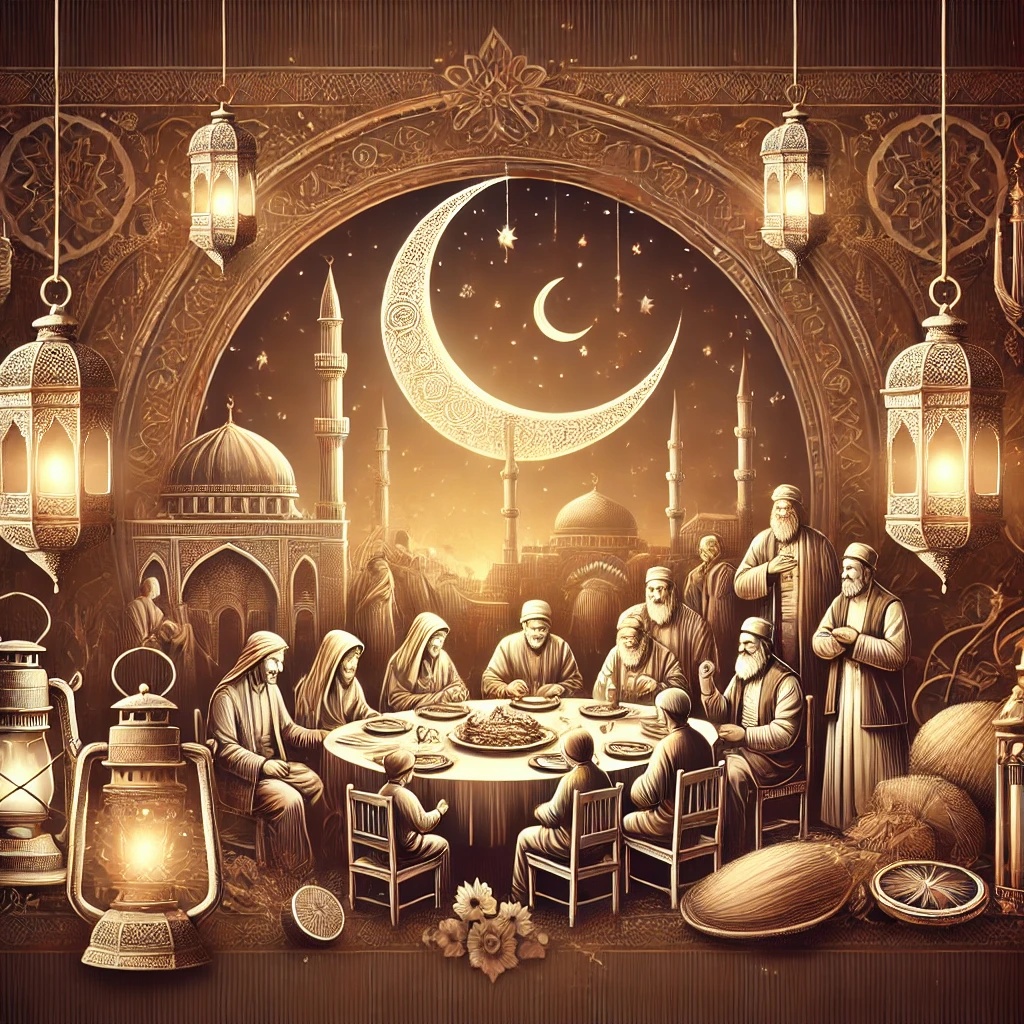The History and Significance of Ramadan Bayram: A Celebration in the Islamic World

What is Ramadan Bayram?
Ramadan Bayram, also known as Eid al-Fitr, is a festival celebrated by Muslims to mark the end of the month-long fasting during Ramadan. Ramadan is a month of fasting, prayer, patience, and spiritual reflection. The Bayram (festival) takes place on the first day of Shawwal, the month following Ramadan, and is joyfully celebrated by Muslims worldwide.
The History of Ramadan Bayram
The origins of Ramadan Bayram date back to the early years of Islam. When Prophet Muhammad (PBUH) migrated from Mecca to Medina, the first Ramadan Bayram was celebrated in Medina. The end of Ramadan marked the beginning of the Bayram, a day for Muslims to express their joy after completing the fast. It is understood to be a reward for the efforts put forth in observing the fast and performing acts of devotion during Ramadan.
Ramadan Bayram is not just a holiday; it is also a time for gratitude. Muslims spend the month of Ramadan getting closer to Allah, practicing patience, and purifying themselves spiritually. The Bayram comes as an opportunity to give thanks and reunite with loved ones.
The Religious and Spiritual Significance of Ramadan Bayram
Ramadan Bayram is more than just a celebration of those who fast; it is a time of unity, charity, and forgiveness. In Islam, the Bayram is a period that encourages Muslims to forgive each other, reconcile, and strengthen the bonds of love and brotherhood within the community. Additionally, it is customary to give charity (fitra and zakat) during Bayram, helping those in need, and reinforcing solidarity and compassion.
The significance of Ramadan Bayram goes beyond individual joy—it serves as an opportunity for societal responsibility, spiritual purification, and inner peace.
Traditions of Ramadan Bayram
Ramadan Bayram is celebrated with different traditions in various cultures. However, some common customs are shared worldwide. These traditions include performing the Bayram prayer, visiting elderly family members, gathering around festive tables, and preparing special sweets. Children often wear new clothes and are given Bayram money (Eid gift), a tradition that symbolizes care and affection. These customs serve to bring people together and spread joy, marking the importance of community and sharing during this sacred time.
Ramadan Bayram and Social Solidarity
Ramadan Bayram is one of the times of year when charity and helping others are emphasized. It is a time when Muslims give fitra (alms) and zakat (obligatory charity) to the poor and those in need. These charitable acts not only help the underprivileged but also create a sense of unity and compassion within society. By helping those in need, Ramadan Bayram amplifies its spiritual meaning and transforms the holiday into a communal celebration.










